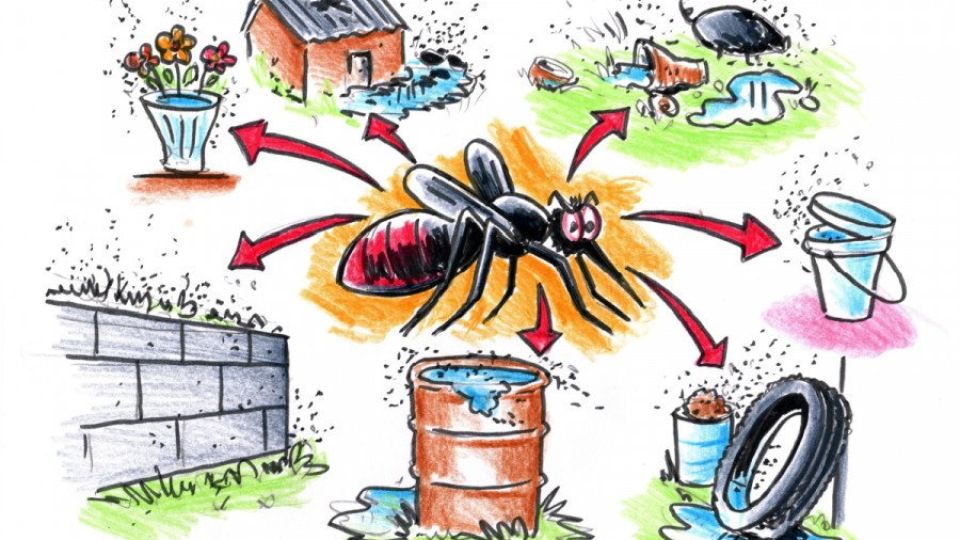July 27, 2023
KATHMANDU – As many as 18 people, including children from Nagarjun Municipality were rushed to hospitals—Vayodha Hospital and Sukraraj Tropical and Infectious Disease Hospital—on Tuesday, for treatment of food poisoning.
According to officials at the Health Office, Kathmandu, those people had eaten a feast on the 13th day of the death of their relative.
“I am informed that the health conditions of all people suffering from food poisoning are normal,” said Sagar Ghimire, chief of Kathmandu Health Office. “They have been admitted to hospitals after suffering from nausea, vomiting, fever and abdominal pain.”
Doctors say one should be more cautious while eating during the monsoon season, as chances of contamination are very high at this time. Most of the drinking water sources have been contaminated by floodwaters and the water supply channels of drinking water supply are not too reliable due to leaks, which allow the water to mix with sewage.
Last year, the Kathmandu Valley witnessed a massive cholera outbreak as 70 percent of those who were examined, tested positive for Vibrio cholera 01 Ogawa serotype.
Cholera is a highly infectious disease that causes severe diarrhoea and vomiting, resulting in dehydration and could lead to death within hours, if left untreated.
This year, during the months of May and June, the Ministry of Health and Population began a mass cholera vaccination drive in wards 11, 12 and 13 of the Kathmandu Metropolitan City to lessen the risk of an outbreak of the deadly contagion and severity of infections in the upcoming monsoon season.
Doctors say the consumption of contaminated water not only causes cholera, it also increases the chances of contracting dysentery, typhoid, and hepatitis A and E.
A recent study carried out by the Epidemiology and Disease Control Division had shown that nearly a quarter of the drinking water being used in Kathmandu has been found contaminated with faecal coliform.
Faecal coliform, a microscopic organism, lives in the intestines of warm-blooded animals or their faeces. The presence of faecal coliform means that the drinking water being used by the residents of Kathmandu is contaminated with sewage, doctors say.
Monsoon in Nepal is a season of epidemics wherein thousands of people across the country get infected with food-borne, water-borne and vector-borne diseases.
Doctors say due to poor sanitation and hygiene conditions, the country is highly vulnerable to water-borne diseases, including diarrhoea, dysentery, typhoid, hepatitis, and cholera, with thousands of people falling sick every year.
“This year, the cases of the water-borne disease have not come to our hospital significantly,” said Dr Manisha Rawal, director at the Sukraraj Tropical and Infectious Disease Hospital. “But what we should not forget is that we are not safe as most of the drinking water sources have been contaminated. Along with water-borne diseases, the cases of vector-borne diseases could increase in the coming days.”
Officials at hospitals say that the number of snake bite cases and dengue too have been on an upward trend.
In Nepal, thousands of people get infected with vector-borne diseases such as dengue, kala-azar, malaria, and scrub typhus during this period. Last year, 88 people died and more than 54,000 were infected with the virus, which had spread to all 77 districts of the country. Hospitals in Kathmandu Valley were overwhelmed with dengue patients and many complained that they were deprived of treatment. At the time, pharmacies had run out of paracetamol, the most widely used medicine to treat fever.
According to the latest data provided by the Epidemiology and Disease Control Division, at least three persons have died and 4,289 have been infected with dengue this year. Of the total cases, more than 2,500 cases of infection have been reported from the Sunsari district. As many as 86 cases of dengue infection have so far been reported from Kathmandu.


